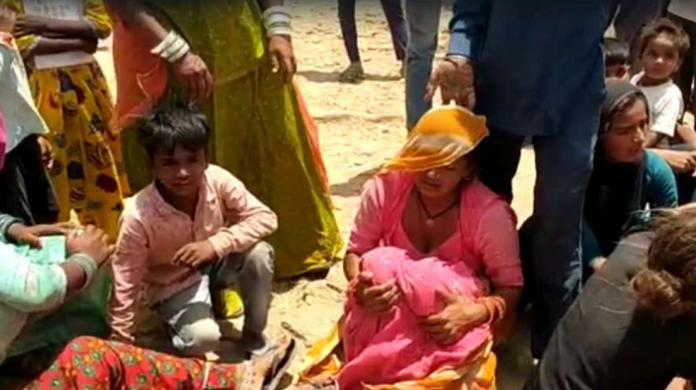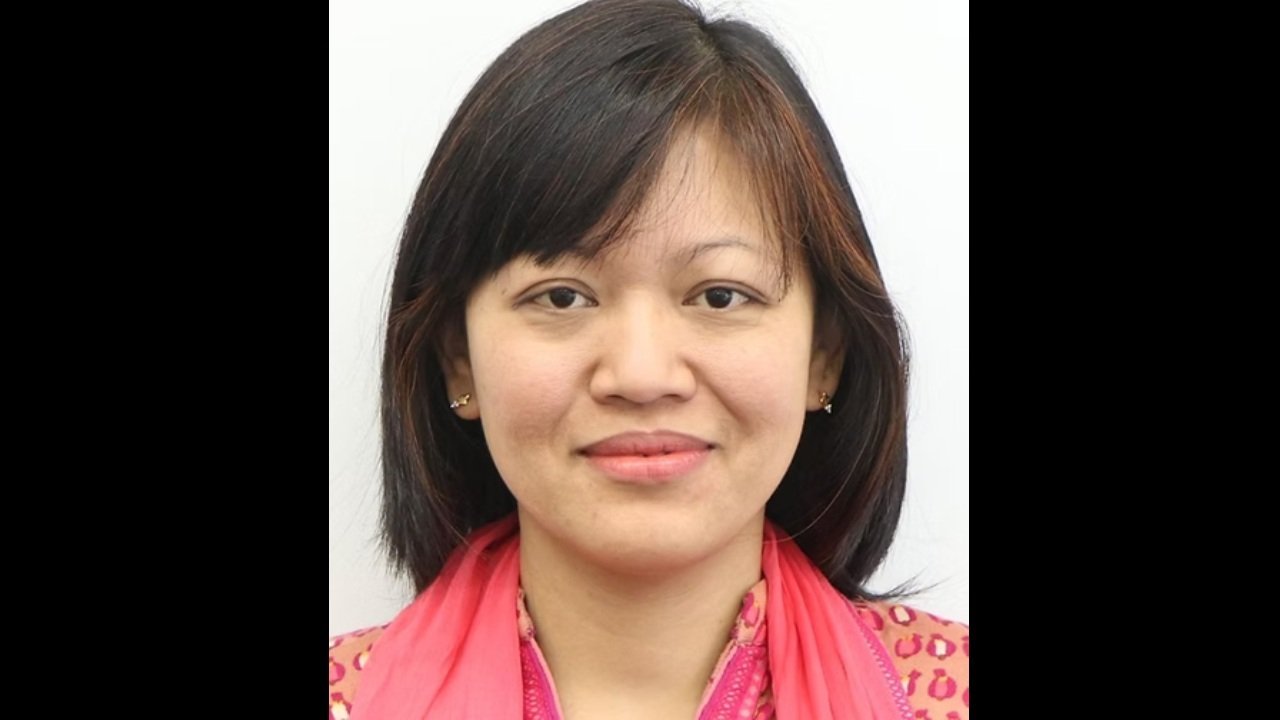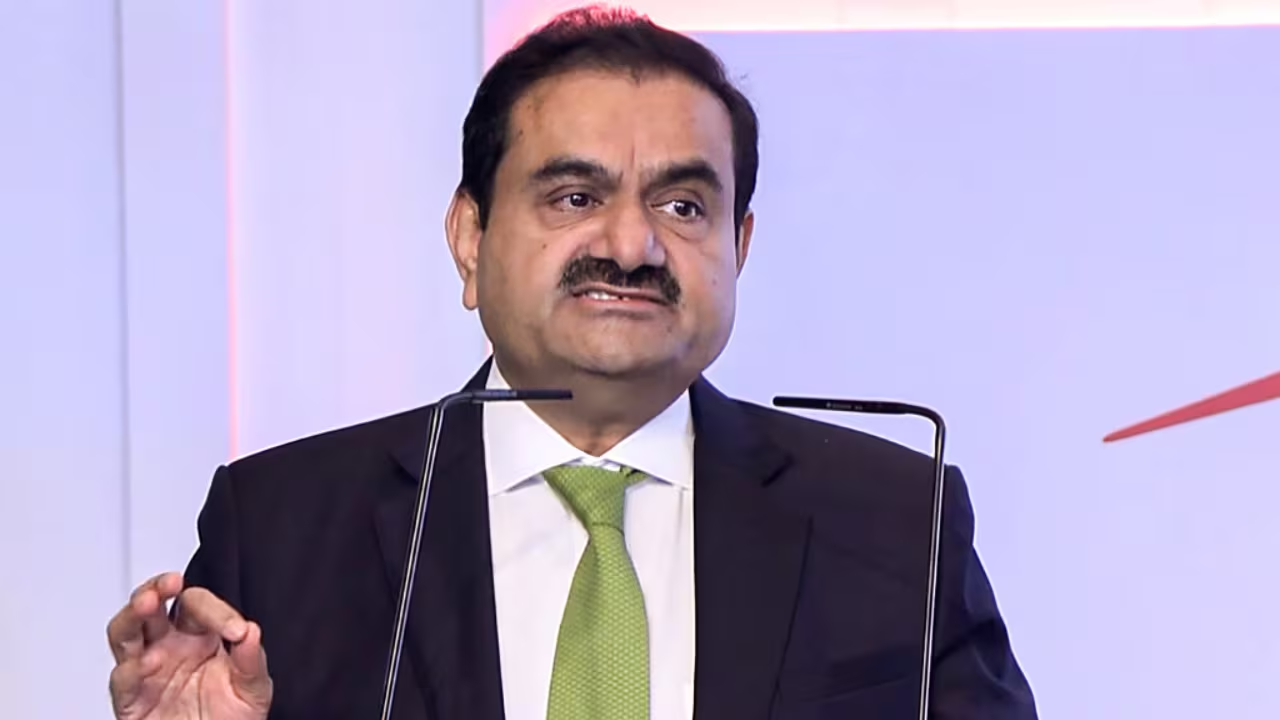A Green Card, known officially as a Permanent Resident Card, is a document that grants immigrants permission to permanently live in the US
Washington: The long wait for Green Cards for people from India, China, Mexico and the Philippines is mainly due to the country-based quota system in its allocation which can be changed only by the US Congress, a senior official has said, a PTI report in The Tribune, Chandigarh, says.
A Green Card, known officially as a Permanent Resident Card, is a document that grants immigrants permission to permanently live in the US.
Douglas Rand, the Senior Advisor to the director of United States Citizenship and Immigration Services (USCIS), said the annual limit established by Congress on family-sponsored preference Green Cards is 2,26,000 for the whole world, while the annual limit on employment-based Green Cards is 1,40,000.
On top of that, the per-country limit is set at seven per cent of the total annual family-sponsored and employment-based preference limits, he told Indian Americans during a virtual town hall meeting organised by the State Department on visa and consular issues.
“That means 25,620. That is why individuals from India, China, Mexico and the Philippines typically face such long wait than people from other countries,” Rand said in response to a question.
“There is demand for so many more than 25,620 Green Cards for both family and employment-based every year. Unfortunately, only Congress can change these annual limits. So our job is to do everything we can within these constraints to ensure that when those Green Card numbers are available, we make sure that they’re utilised each and every year,” Rand said.
For hundreds of thousands of Indian professionals, the wait for Green Card has currently been more than a decade and many a time the Visa wait time goes back by years.
“Suffice to say for now that it is about supply and demand. Congress has constrained supply. Demand continues to go up. Not just from India, but all over the world. When the demand for a particular Green Card category or a country within a category exceeds the supply of numbers available then that category and country are considered oversubscribed,” Rand said.
The State Department applies a cut-off date in the Visa bulletin to ensure that Visa use remains within those annual limits as well as the category and per country limits. The order of consideration is established by Congress.
“Retrogression means that due to the high demand for visas exceeding the statutory limits, visas are not available to all non-citizens who want them even if they’ve already filed an application for adjustment of status or otherwise for permanent residency,” he said.
Rand emphasised the US plans to continue improving the accuracy and comprehensiveness of its data on employment-based adjustment of status applications. “Our goal is to resume publishing regular inventory reports.” He noted that even when there is retrogression there are enduring benefits.
For hundreds of thousands of Indian professionals, the wait for Green Card has currently been more than a decade and many a time the Visa wait time goes back by years.
“So, somebody who had the opportunity to file for adjustment of status but who then sees their cutoff date retrogress, they’re still able to seek certain benefits. They can apply for employment authorisation which is not tied to a particular employer. They can apply for advanced parole authorising travel outside the United States,” the official said.
“Once that adjustment of status application has been pending for 180 days or more, they can transfer the underlying job opportunity to a new employer. Depending on the facts of the case, children who have also applied for adjustment of status might not age out. That individual is generally considered to be in a period of authorised stay while the application is pending,” Rand added.
***********************************************************
Readers
These are extraordinary times. All of us have to rely on high-impact, trustworthy journalism. And this is especially true of the Indian Diaspora. Members of the Indian community overseas cannot be fed with inaccurate news.
Pravasi Samwad is a venture that has no shareholders. It is the result of an impassioned initiative of a handful of Indian journalists spread around the world. We have taken the small step forward with the pledge to provide news with accuracy, free from political and commercial influence. Our aim is to keep you, our readers, informed about developments at ‘home’ and across the world that affect you.
Please help us to keep our journalism independent and free.
In these difficult times, to run a news website requires finances. While every contribution, big or small, will makes a difference, we request our readers to put us in touch with advertisers worldwide. It will be a great help.
For more information: pravasisamwad00@gmail.com











